Have you ever noticed your cat suddenly dart under the bed or freeze in place, ears tilted back and eyes wide, for what seems like no reason at all? For us, the everyday hum of a vacuum or the sudden ring of a doorbell is just background noise. But for our sensitive feline friends, these sounds can be downright terrifying. Living with a nervous cat can sometimes feel like tiptoeing through a minefield of triggers, never quite knowing what tiny noise might send them running for cover. Let’s take a deep dive into some of the most common household sounds that can make your cat’s heart race, and maybe even learn a bit about how to help them feel safer in their own home.
Vacuum Cleaners Roaring to Life
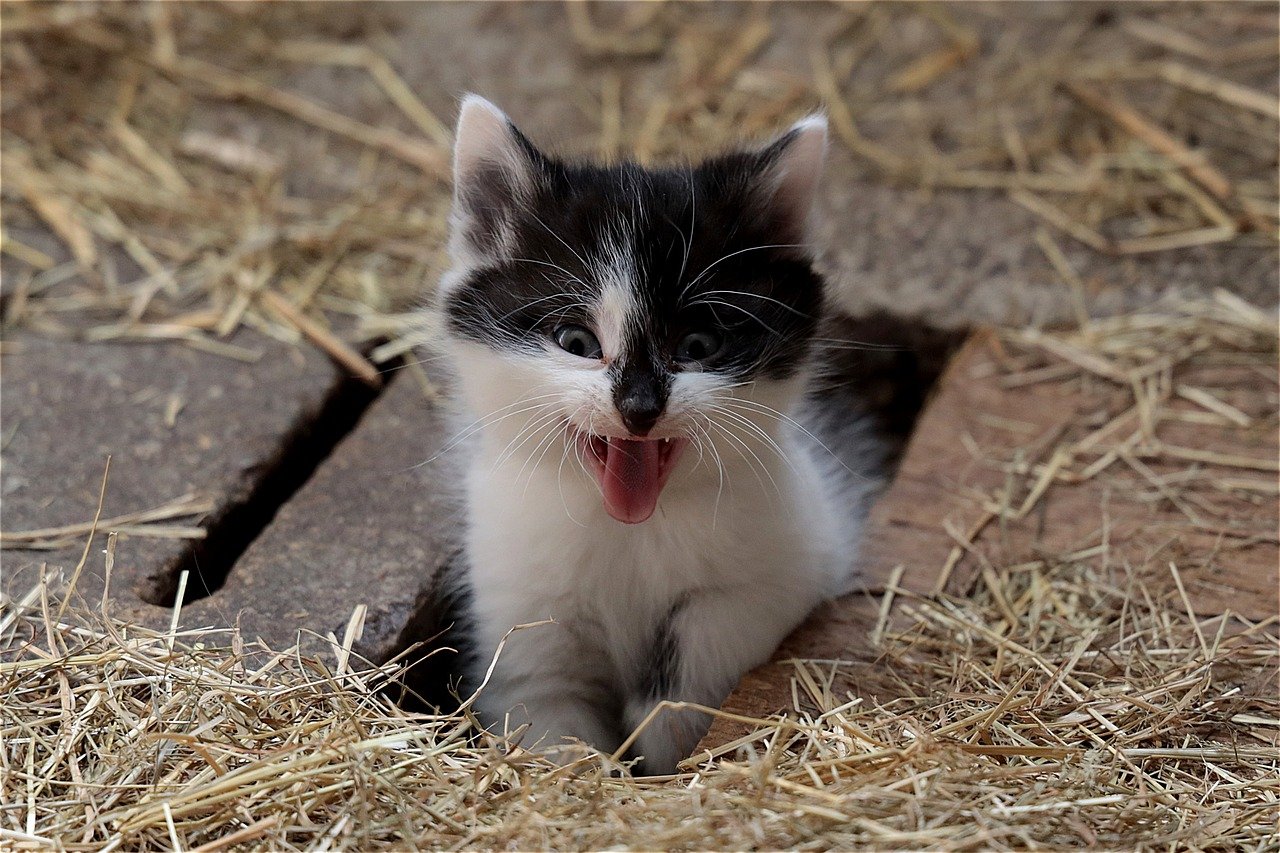
The vacuum cleaner is the king of household terror for many cats. Its sudden, loud roar is like a monster waking up from a nap. It vibrates the floor and fills the air with a low, menacing hum. For a creature whose hearing is far more sensitive than ours, this can feel like standing next to a jet engine. Most cats will bolt to the nearest hiding spot the moment you roll out the vacuum. Some even learn to anticipate the noise from the moment you reach for the closet. If you’ve ever watched your cat flatten itself to the ground with its tail puffed, you know just how stressful this can be.
Doorbells and Knockings
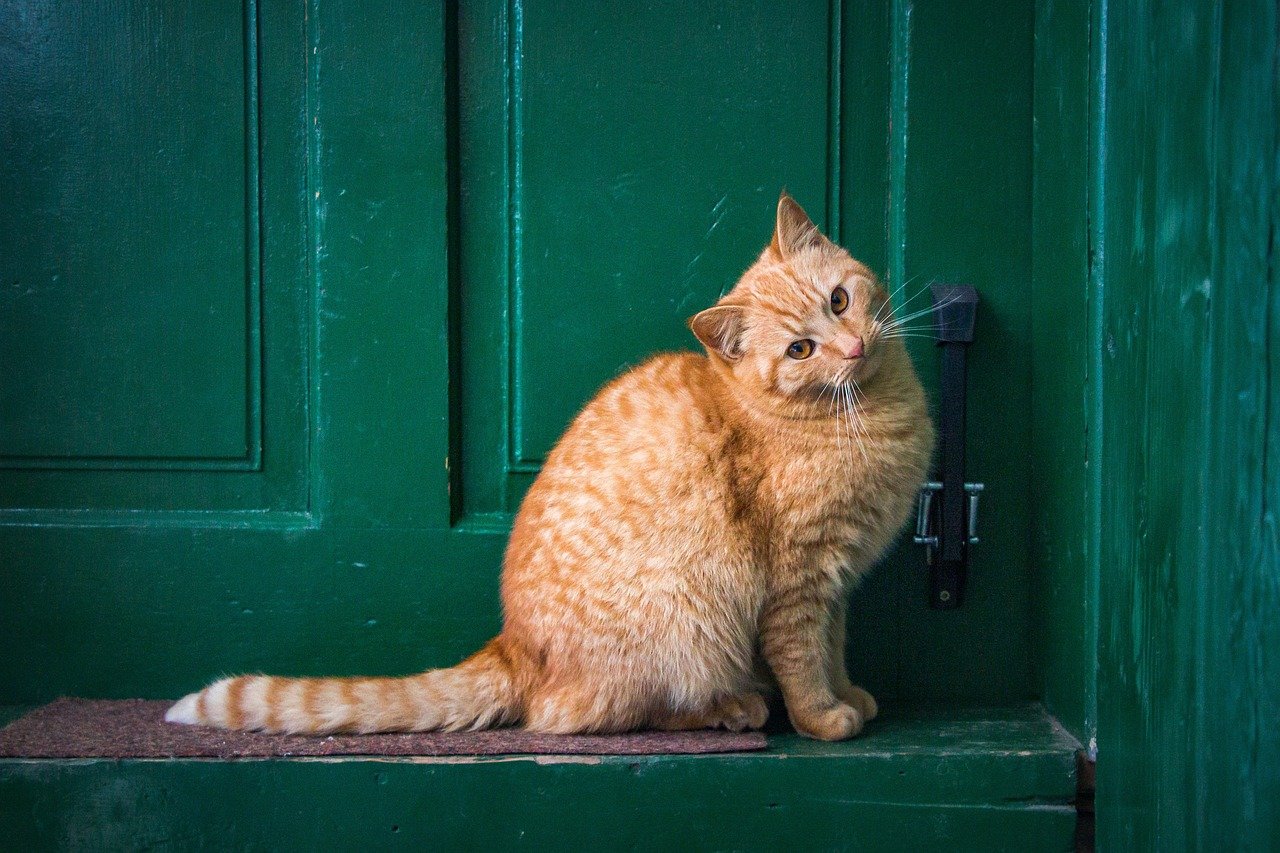
The sharp, unexpected chime of the doorbell or a loud knock at the door can turn a peaceful afternoon into chaos for a cat. These noises signal the arrival of strangers and often precede changes in their environment. Cats thrive on predictability, and the sudden intrusion of a doorbell completely disrupts their sense of safety. Some cats may hiss, hide, or even run in circles trying to find a safe place. Over time, you might notice your cat becoming anxious even before the sound occurs, just by seeing someone approach the door.
Clattering Pots and Pans
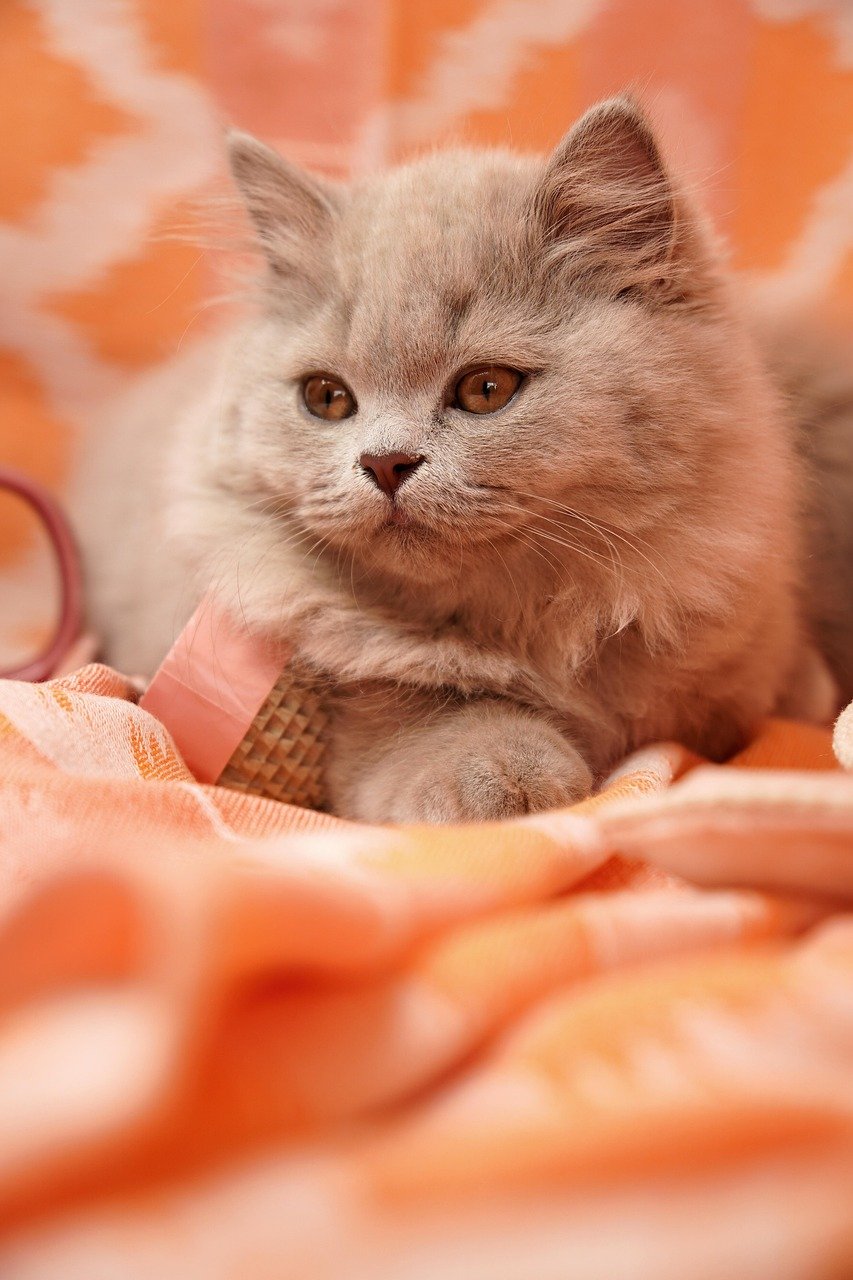
The kitchen is a landmine of anxiety-inducing noises for cats. The clatter of pots and pans, the crash of a dropped utensil, or the screech of metal on metal is almost painfully loud to feline ears. Even the sound of a can opener can cause a mix of curiosity and concern. I remember my own cat leaping onto the counter in panic after I accidentally dropped a pot. These sharp, metallic sounds are unpredictable, making cats even more uneasy as they can’t anticipate when the next crash will happen.
Thunderstorms and Heavy Rain
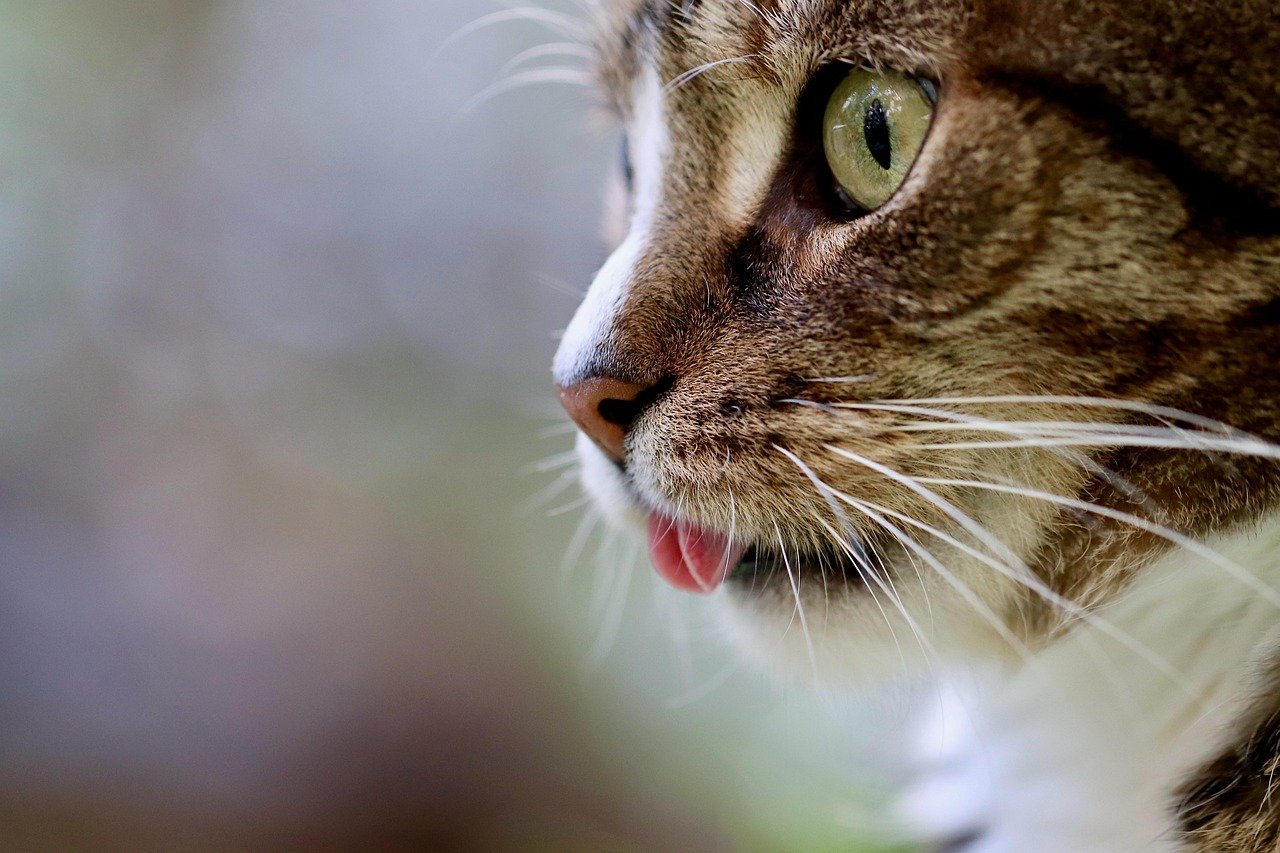
Nature’s own soundtrack can be a real nightmare for sensitive cats. Thunderstorms bring booming thunder, pelting rain, and flashing lightning. The vibrations and volume can make a cat feel like their safe home is under attack. Many cats will hide in closets or under beds, trembling through the storm. Some might meow loudly or pace anxiously. It’s heartbreaking to see, and there’s little you can do to explain that it’s only weather.
Fireworks and Celebratory Blasts
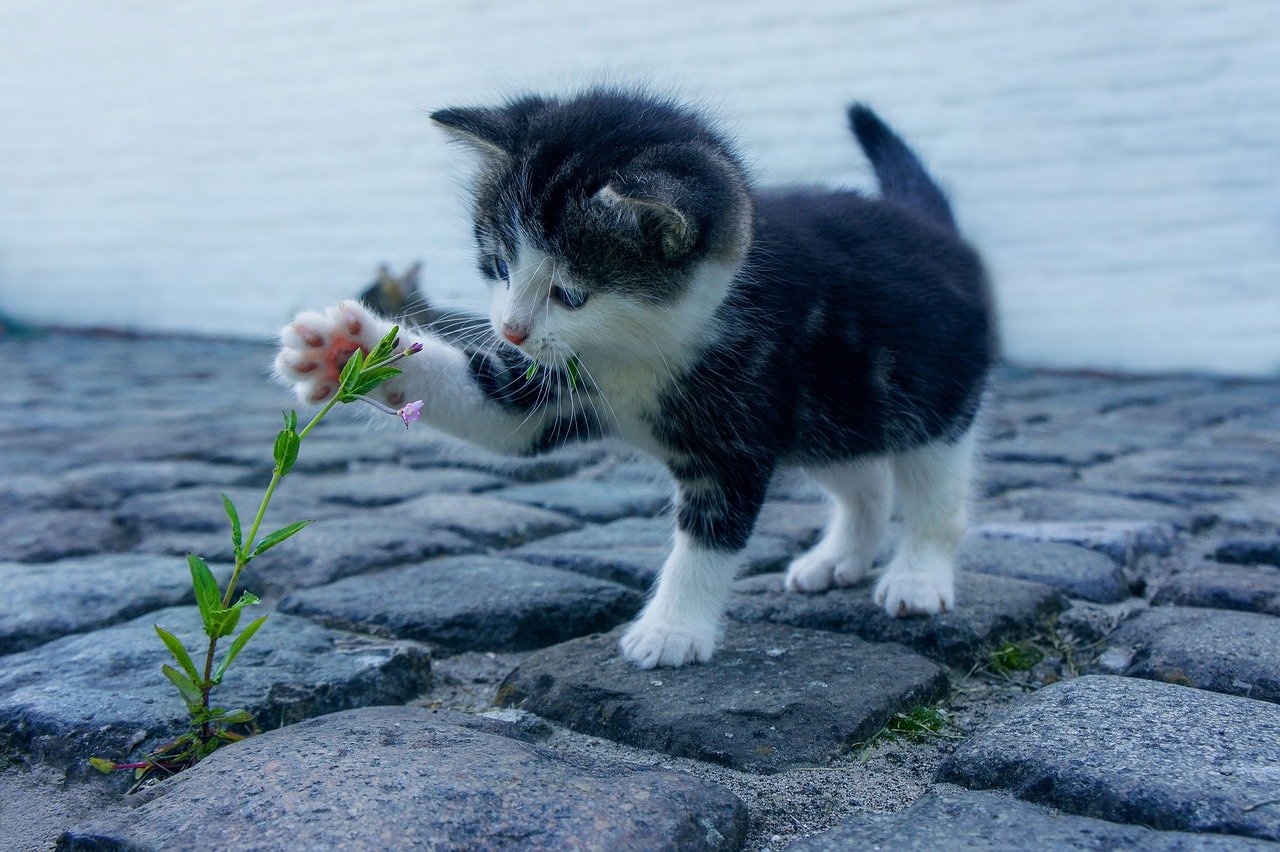
Fireworks are a source of joy for humans but a source of terror for many cats. The loud, explosive bangs and unpredictable flashes of light can send even the bravest cat running for cover. Unlike thunderstorms, fireworks are sudden and without warning, making them even more distressing. Some cats may hide for hours after the noise has stopped, and it can take days for them to return to normal behavior. It’s no wonder many pet owners dread festive nights for this very reason.
Hairdryers and Blenders
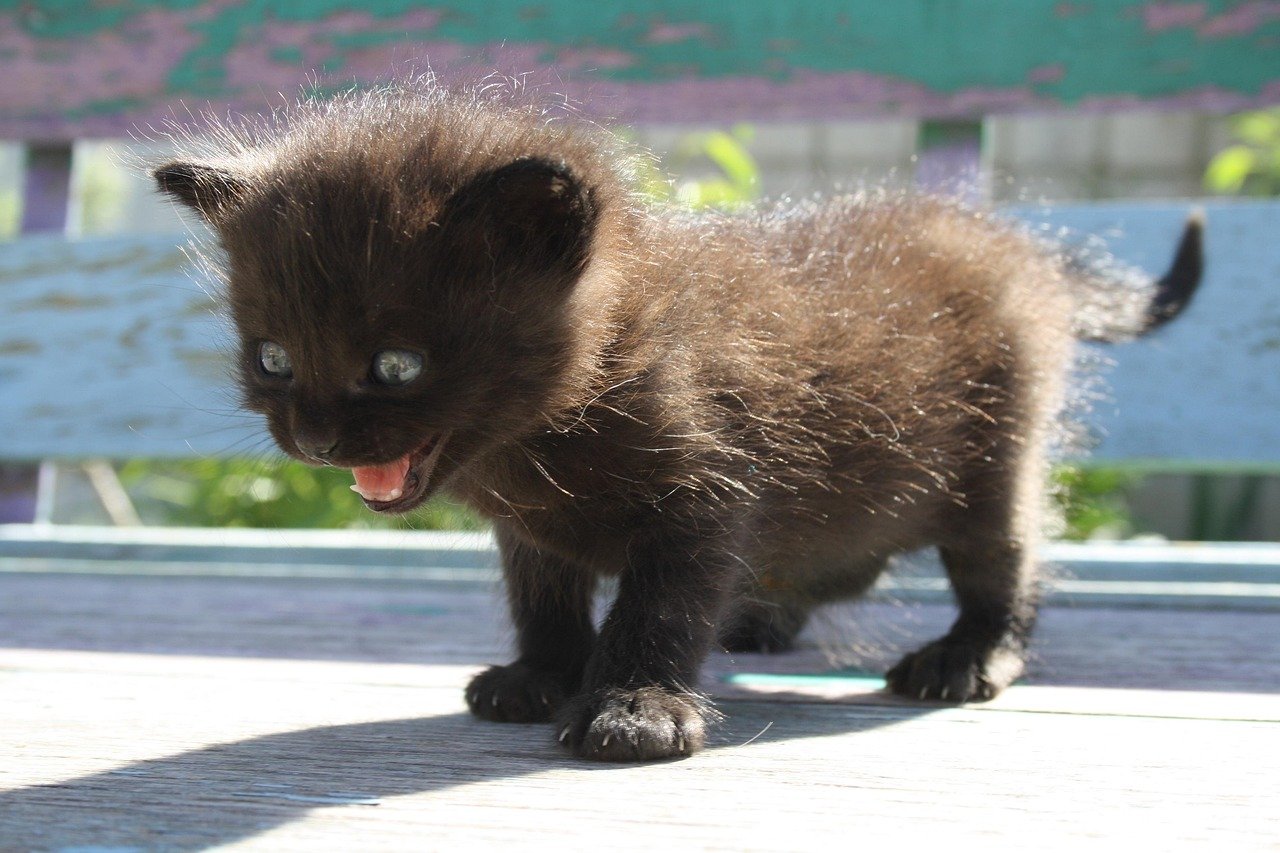
Small appliances like hairdryers and blenders can be surprisingly anxiety-inducing for cats. The high-pitched whirr and sudden startup can sound like a predator to their sensitive ears. The combination of noise and blowing air or vibration can make these objects particularly unnerving. Some cats will leave the room as soon as they see the appliance, while others may watch from a distance, visibly tense. These are everyday tools for us, but for a cat, they’re like alien invaders.
TVs and Loud Music
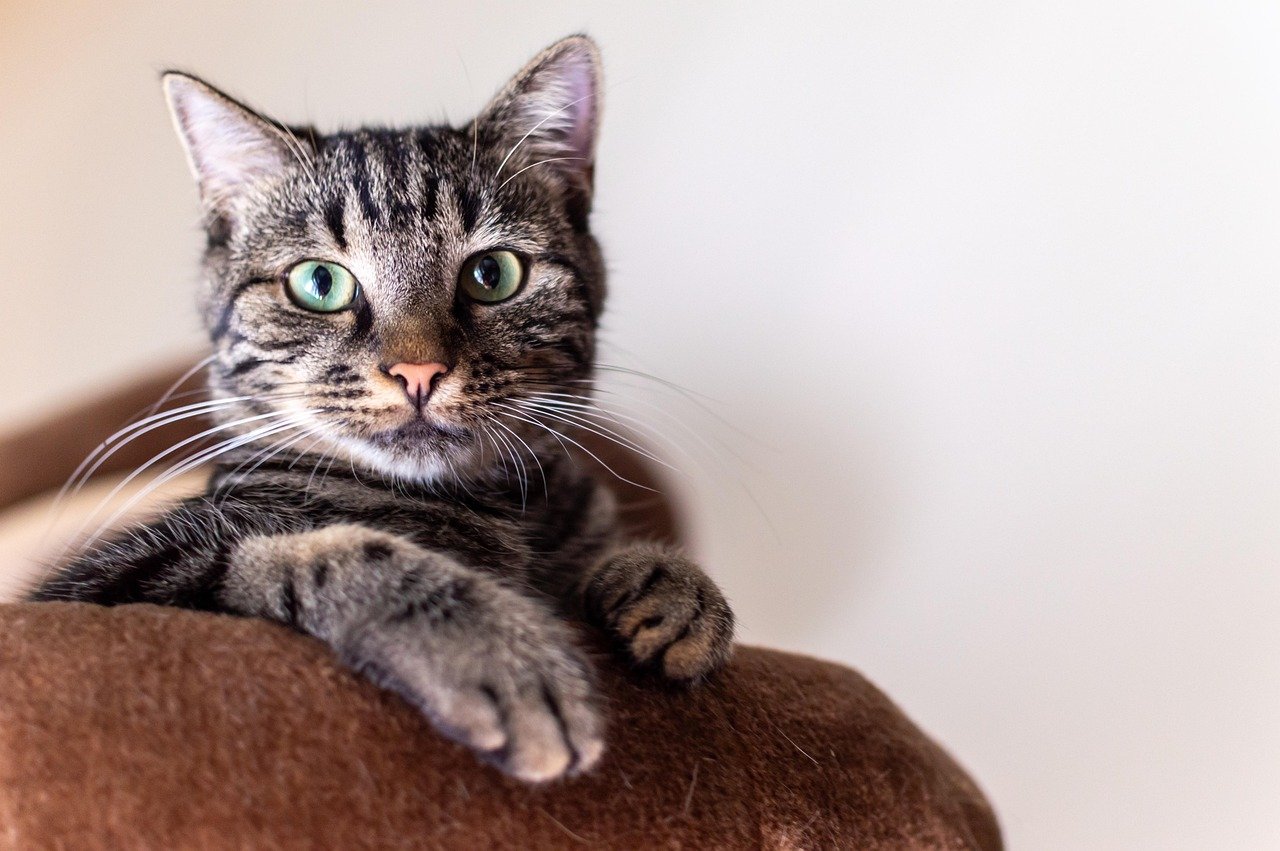
Not all entertainment is relaxing for cats. Televisions and loud music—especially action movies with explosions, screaming, or sudden changes in volume—can be overwhelming. Cats may flatten their ears, twitch their tails, or leave the room when the volume spikes. If you enjoy a good thriller or have a surround sound system, your feline friend might not share your enthusiasm. The unpredictability of TV sounds makes it hard for cats to tune out, adding to their stress.
Alarms and Timers Beeping

The piercing beep of an alarm clock, kitchen timer, or smoke detector is meant to grab our attention, but it does the same for cats—with a vengeance. These sharp, repetitive sounds can trigger an instant anxiety response. Some cats will bolt at the first beep, while others might freeze and look around, unsure where the threat is coming from. Even a microwave finishing up can set off a sensitive kitty, making meal prep a tricky time.
Phone Ringtones and Notifications
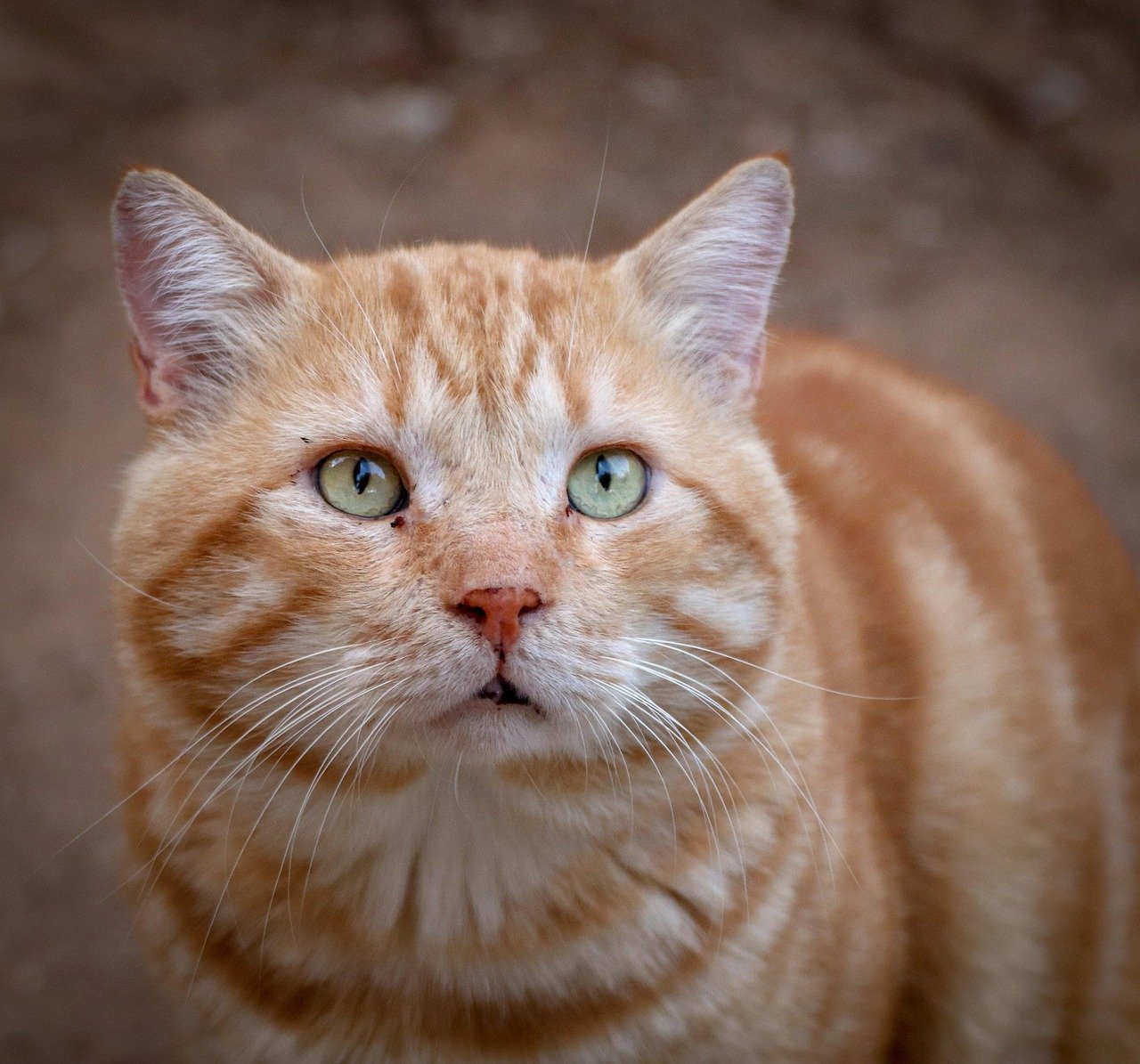
In our digital age, phones are always ringing, pinging, or vibrating. Each new sound is a potential trigger for a cat’s anxiety. Some cats react to specific tones, like high-pitched ringtones or the buzz of a phone on a table. If your cat jumps every time you get a text, you’re not alone. These noises are unpredictable and often come when a cat is least expecting it, making them hard to get used to.
Children Playing and Yelling

For cats, children can be a major source of unpredictable noise. The sudden shrieks, giggles, and running footsteps can be overwhelming. While some cats may get used to the chaos, many never fully relax around energetic kids. A cat might hide for hours after a loud play session or become skittish whenever children visit. It’s not personal—cats just have a hard time coping with the abruptness and volume that often comes with playtime.
Clanging Radiators and Heating Systems

Old radiators and heating systems can make odd, clanging noises as they warm up or cool down. These unpredictable bangs, hisses, and clicks can sound like a threat to a cat, especially at night when everything else is quiet. Some cats may stare at the radiator, ears back, trying to figure out what’s making the racket. Others will avoid the room entirely, no matter how cozy the heat might be.
Dishwasher and Washing Machine Cycles

Large appliances like the dishwasher and washing machine can create a symphony of strange noises—clunks, whirs, and water rushing. For a cat, these sounds are both loud and unfamiliar. The vibrations from a spin cycle can even make the floor feel like it’s moving. Many cats will keep their distance when these machines are running, and some may become unsettled even when hearing the water start to flow.
Garbage Disposals and Sink Grinders

The sudden, grinding roar of a garbage disposal is enough to make even the calmest cat jump. This noise is not only loud but also comes from a place cats see as safe—the kitchen sink. For many cats, the unpredictability and sheer volume of a disposal can lead to a new fear of the kitchen. You might find your cat avoiding the area entirely if the disposal is used often.
Garage Doors Opening and Closing
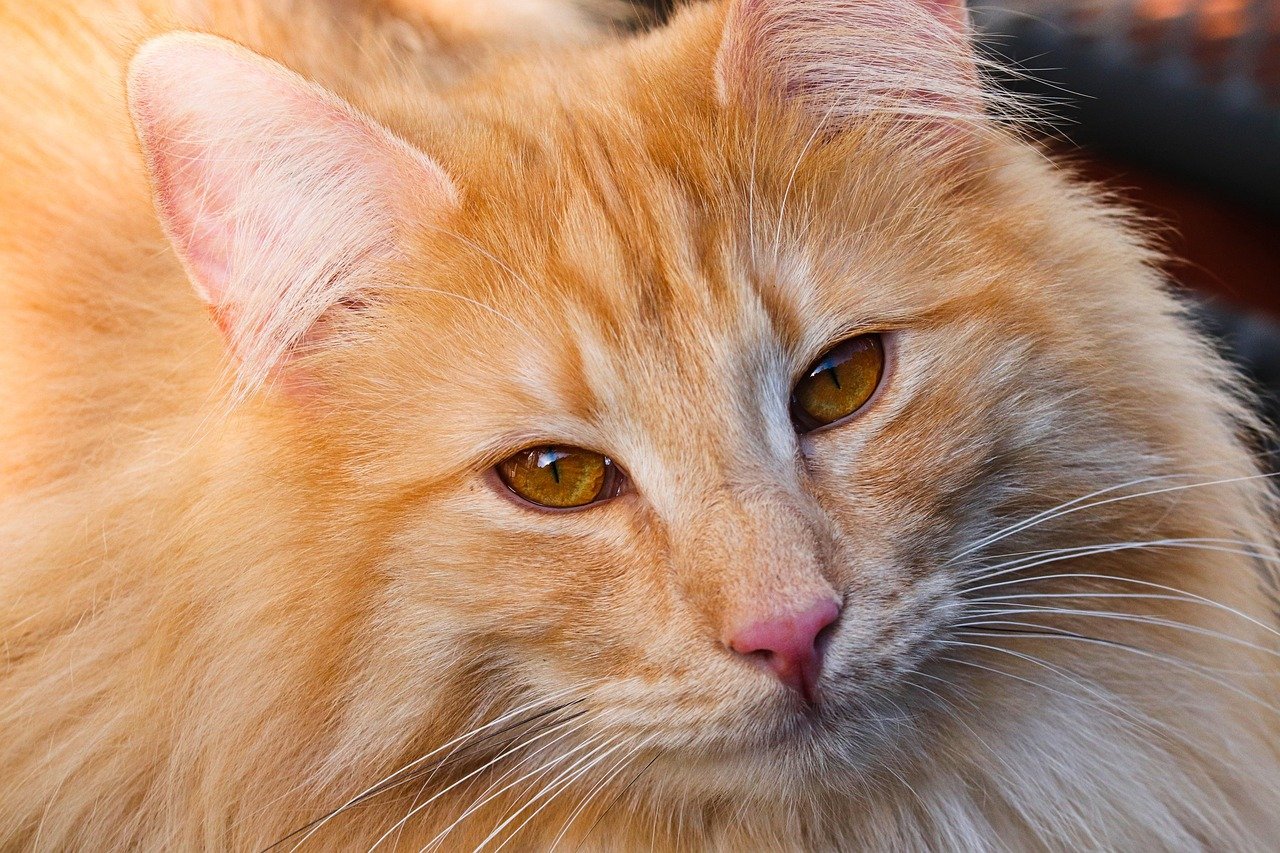
The rumble of a garage door opening or closing is both loud and vibrational. The entire house can shake, sending a wave of panic through a sensitive cat. If your cat’s favorite napping spot is near the garage, they may quickly learn to relocate. The sound carries through floors and walls, so even cats on another level can be startled. It’s a noise they can’t predict, making it even more stressful.
Slamming Doors and Windows
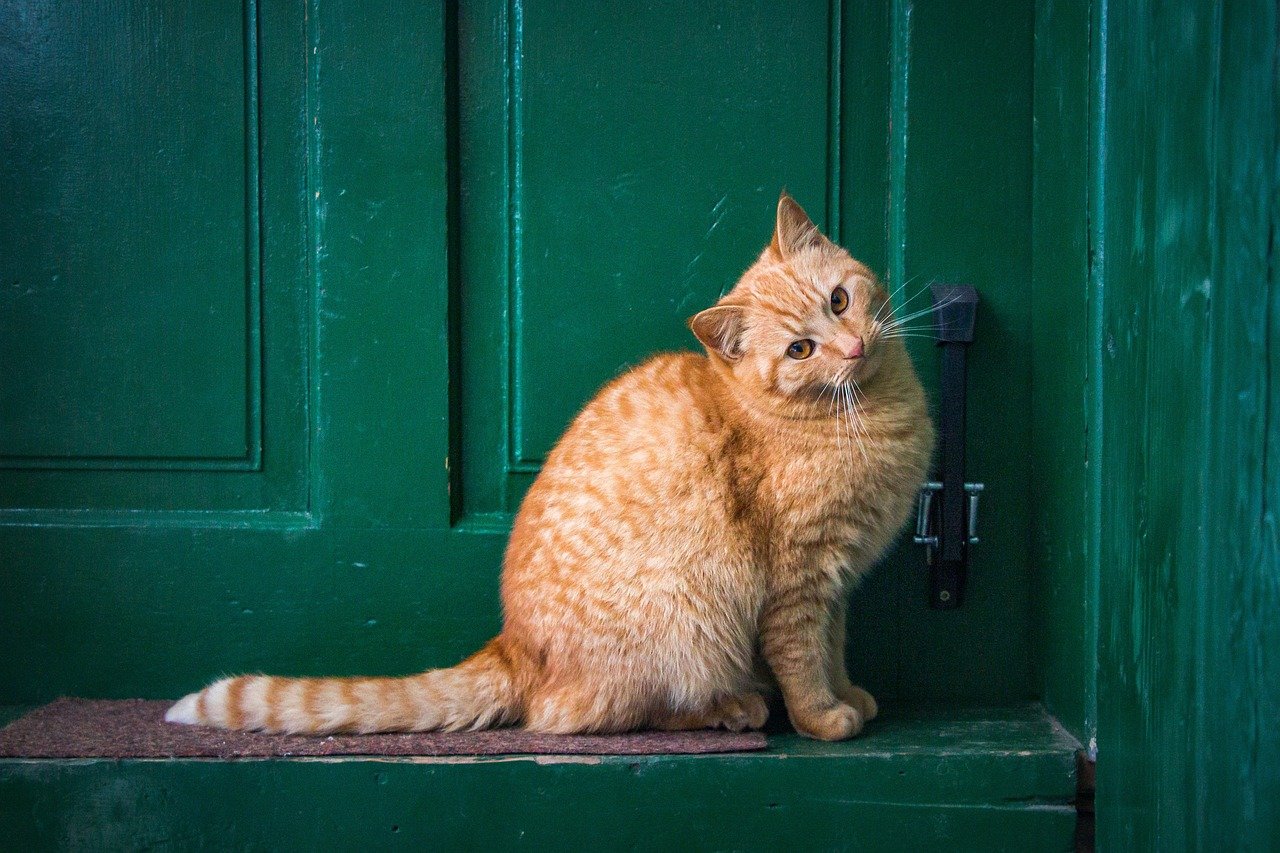
Doors or windows slamming shut send a shockwave of noise through the house. Cats, who love routine and quiet, can interpret these sounds as a sign of danger. I’ve seen cats leap several feet in the air at a single slam. Even gentle cats can become irritable or aggressive after repeated slamming. If you live in a breezy area or have kids who forget to close things softly, your cat might always be on edge.
Footsteps and Heavy Walking
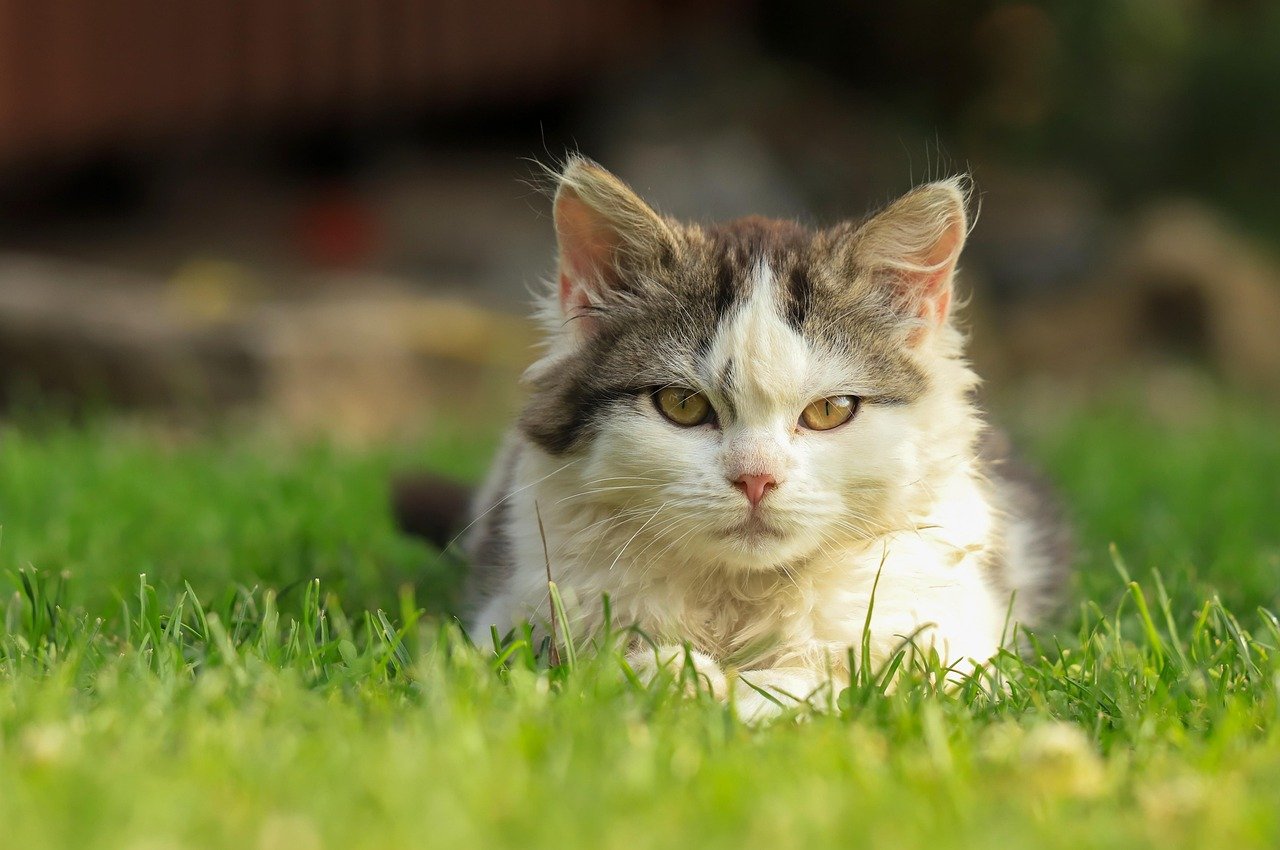
The sound of footsteps—especially from heavy boots or upstairs neighbors—can be deeply unsettling for cats. The thuds and creaks may sound like a predator approaching, especially if the footsteps are quick or unpredictable. Some cats will freeze and listen intently, while others might hide until the perceived “threat” has passed. If you have a multi-story home, your cat might avoid certain rooms entirely during busy times of the day.
Whistling Kettles and Steam Release

A whistling kettle or the sudden hiss of steam from a pressure cooker can be a jarring experience for a cat. These high-pitched, escalating sounds are not found in nature, making them extra alarming. Cats may jump, run, or simply stare in wide-eyed confusion. The kitchen can quickly become a place to avoid if these noises happen often, and some cats might even refuse treats or food if they associate the area with scary sounds.
Toilets Flushing and Plumbing Sounds
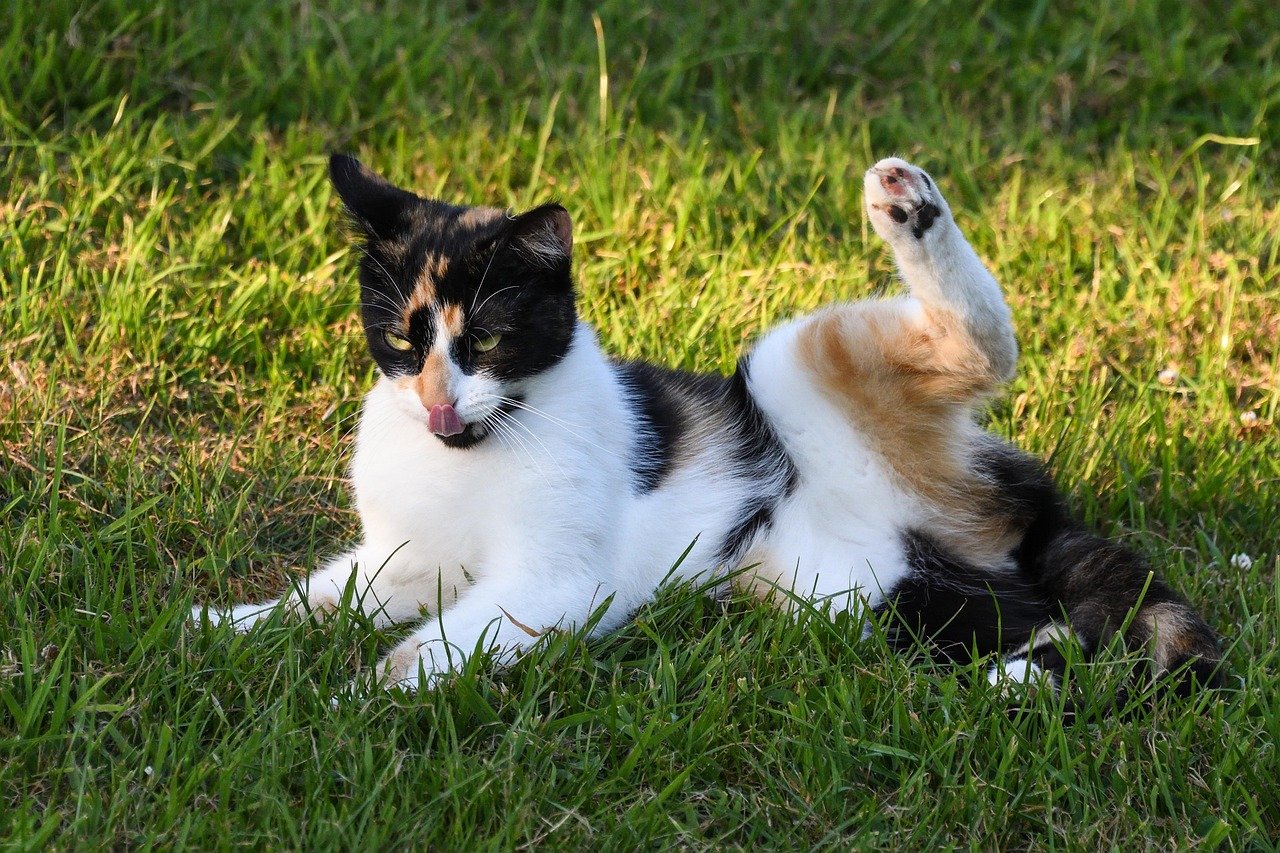
The flush of a toilet or the gurgle of pipes can be startling for cats, especially if they’re in the quiet of the night. The combination of water rushing, pipes rattling, and the echo in small bathrooms is a cocktail of anxiety for many felines. Some cats develop a fear of bathrooms, while others might only react to particularly loud flushes. Plumbing repairs can be an even bigger ordeal, with unfamiliar tools adding to the noise.
Ceiling Fans and Air Conditioners Kicking On
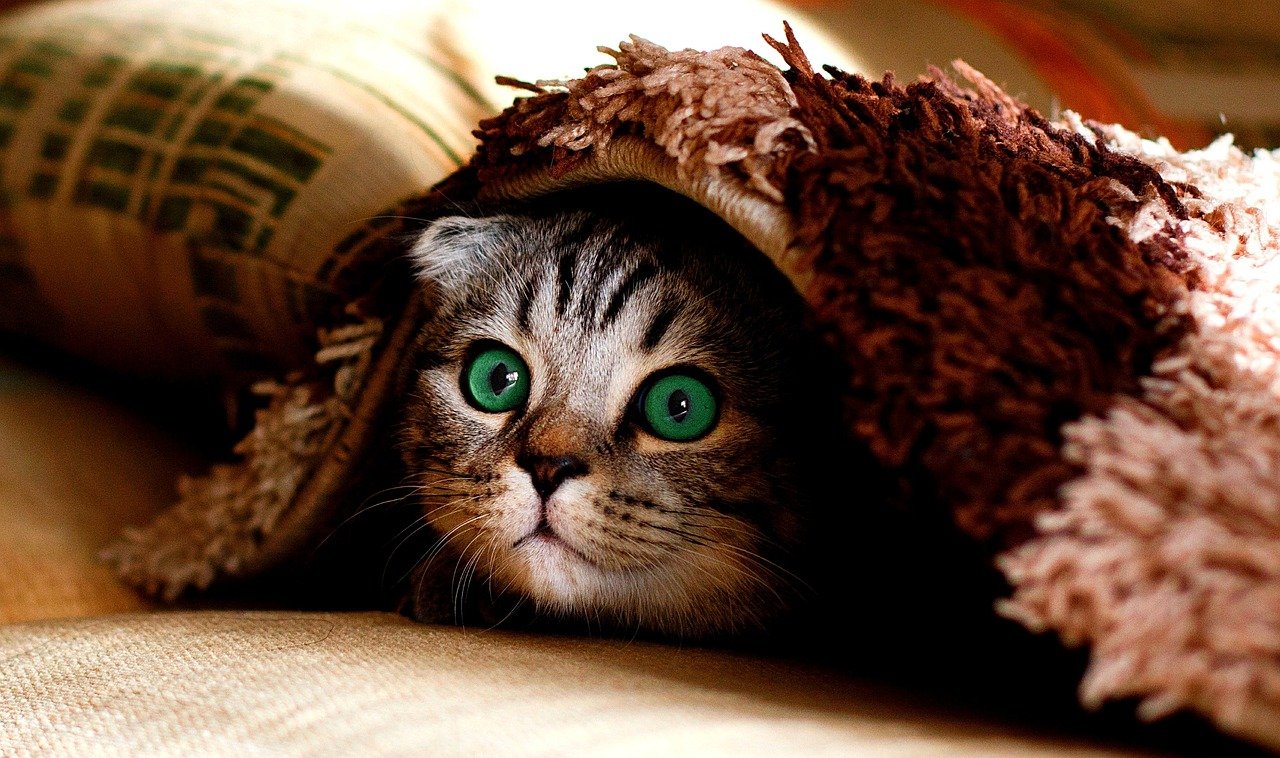
The sudden whoosh of a ceiling fan or the hum of an air conditioner starting up can catch a cat off guard. The change in airflow or temperature adds another layer of unpredictability. Some cats will avoid the direct path of air, while others might become hyper-alert, tracking the noise with their ears. For cats who are already anxious, even a gentle breeze can be enough to disrupt their sense of security.
Lawnmowers and Outdoor Equipment
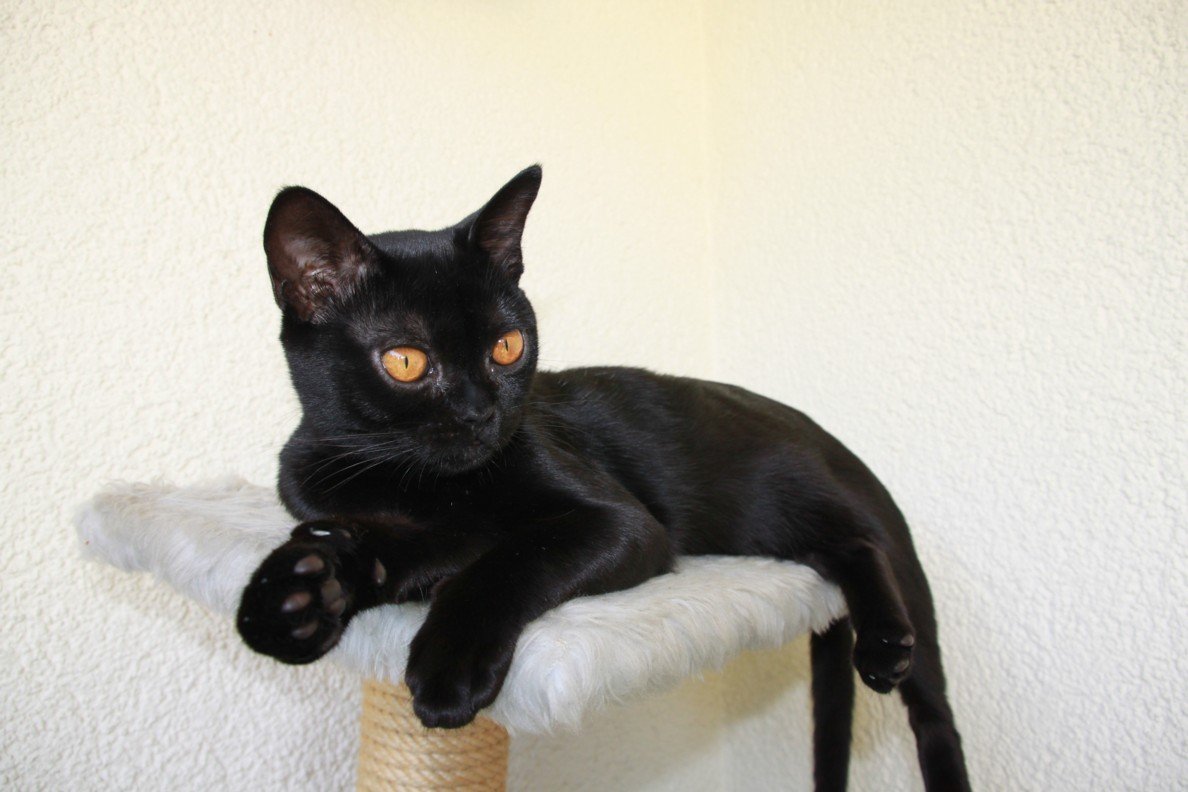
Even noises outside the house can affect your indoor cat. Lawn mowers, leaf blowers, and chainsaws are all loud, mechanical sounds that carry through walls and windows. For a cat, these sounds can feel like an approaching threat, even if they’re safely inside. Many cats will hide until the noise stops, and some become anxious every time someone works in the yard. The unpredictability and volume make these outdoor noises particularly hard for cats to tolerate.
Household Repairs and Construction
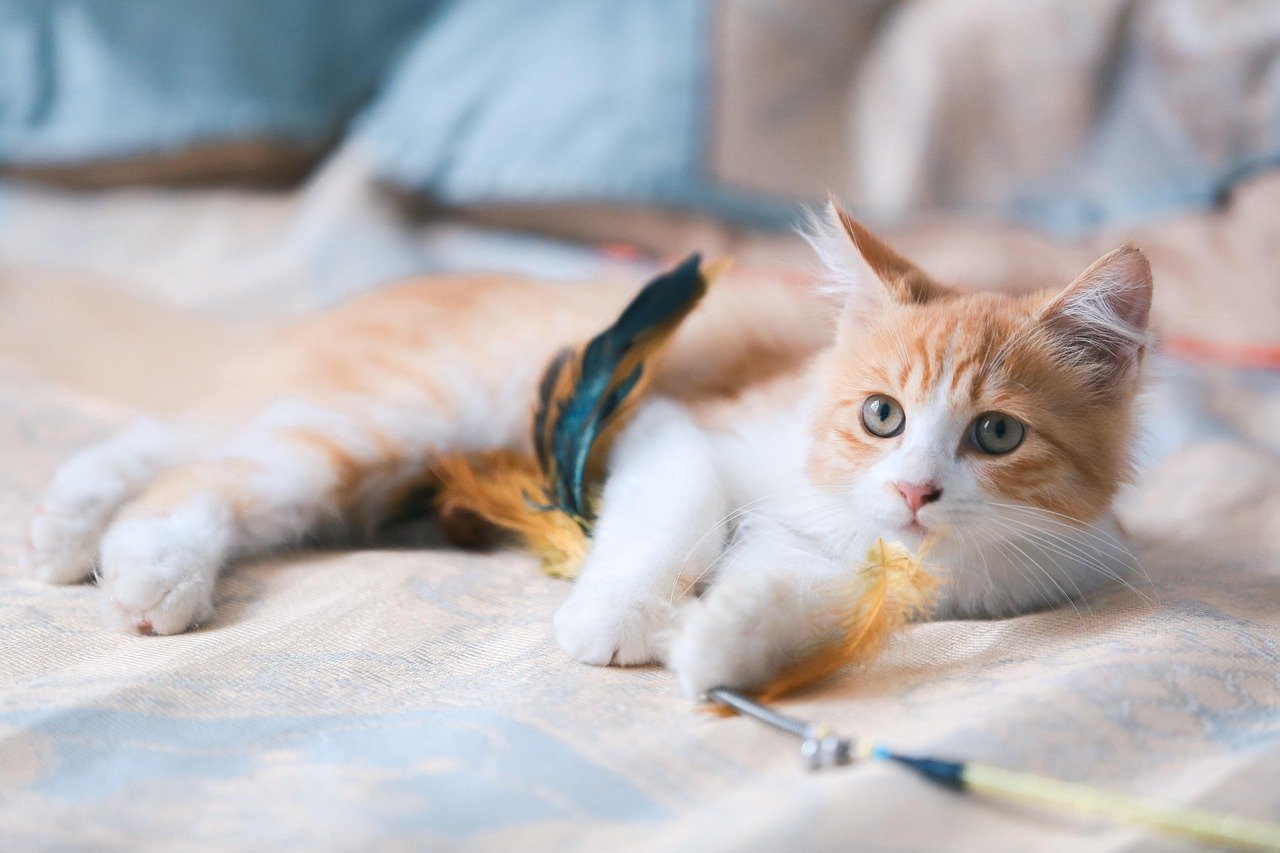
Hammering, drilling, and sawing are a triple threat to a cat’s peace of mind. Household repairs can last for hours or even days, creating a constant stream of unfamiliar and loud noises. Even the movement of furniture or the sound of tools being dropped can send a cat into hiding. For sensitive cats, construction can lead to days of anxiety and avoidance, long after the work is finished. Sometimes, it’s not just the noise, but the presence of unfamiliar people that adds to the stress.
That wraps up our exploration of the most common household noises that can make your cat anxious.

Linnea is a born and bred Swede but spends as much time as possible in Cape Town, South Africa. This is mainly due to Cape Town’s extraordinary scenery, wildlife, and atmosphere (in other words, because Cape Town is heaven on earth.) That being said, Sweden’s majestic forests forever hold a special place in her heart. Linnea spends as much time as she can close to the ocean collecting sea shells or in the park admiring puppies.






